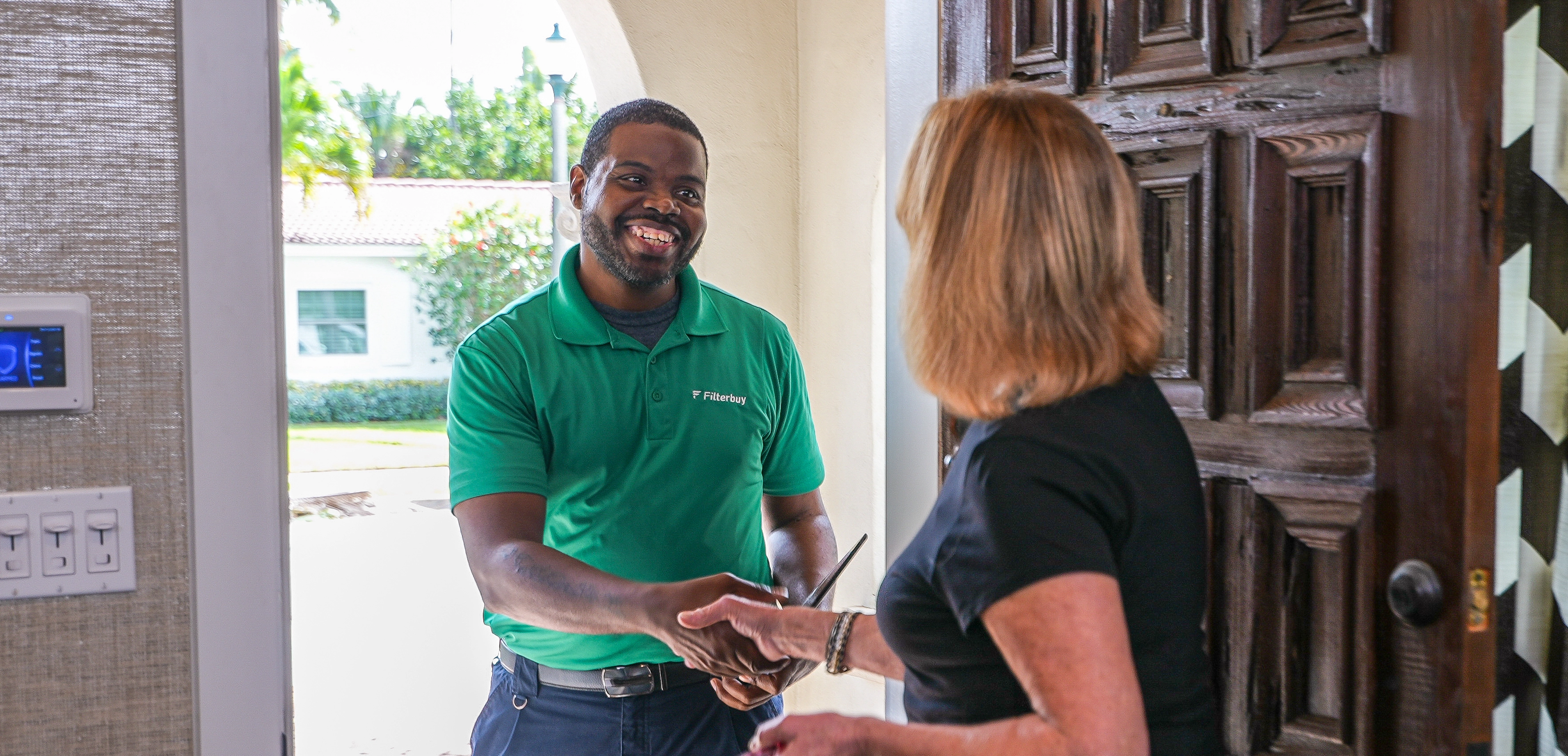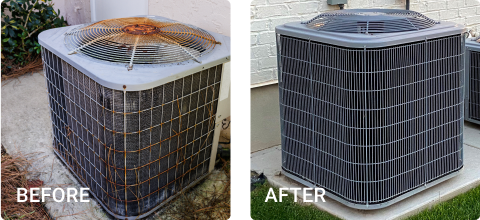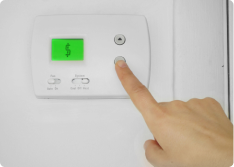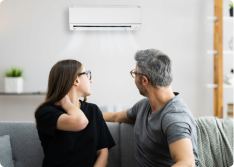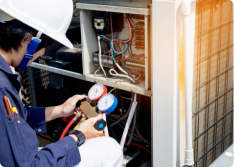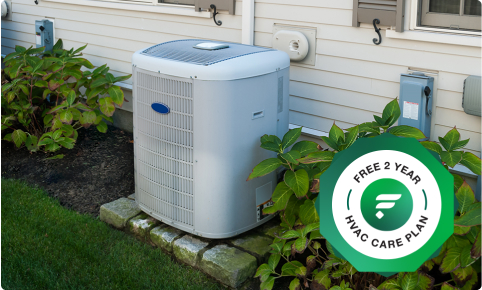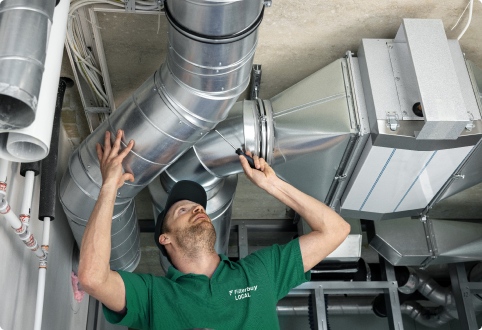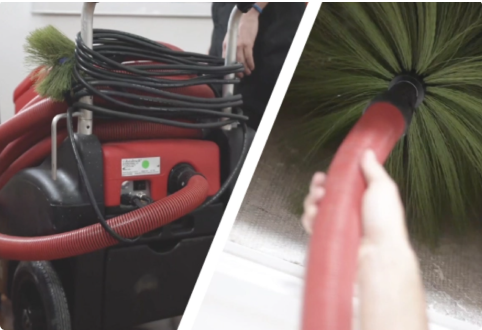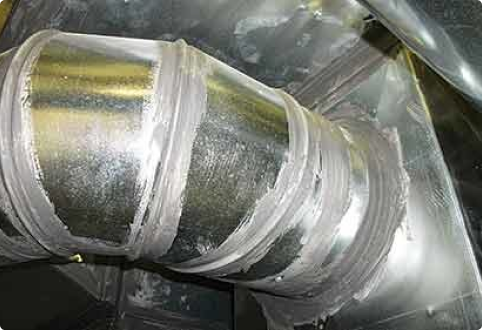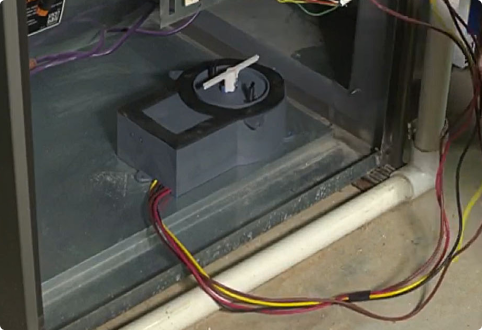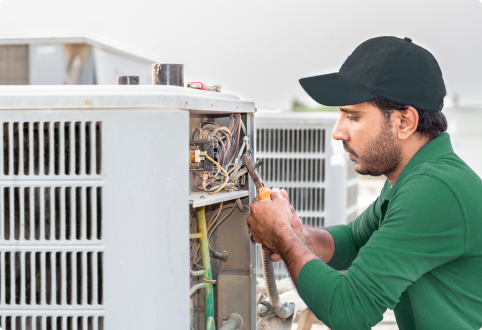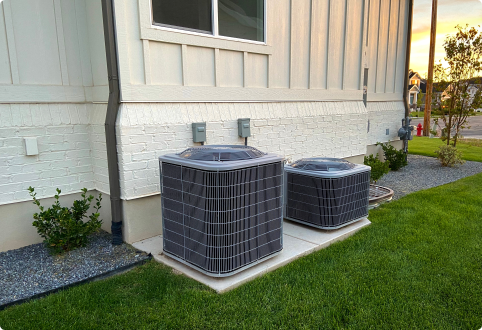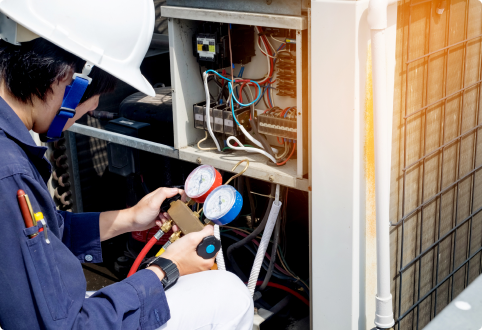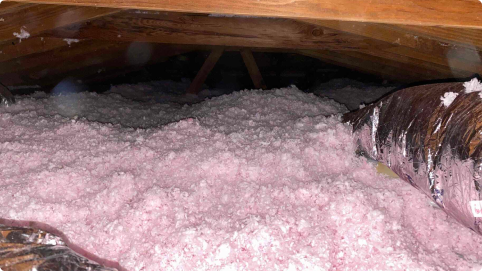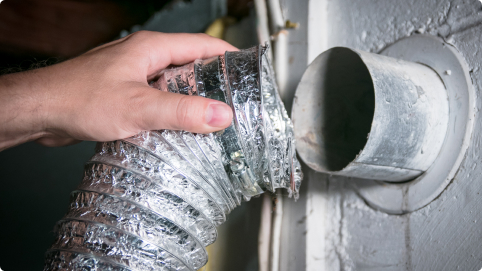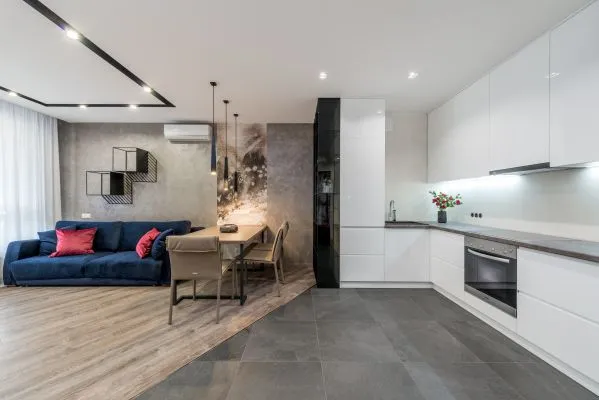Welcome to Filterbuy HVAC Solutions, the best HVAC system installation service company proudly serving in and near the greater Jensen Beach, FL area. Please let us know how we can help solve your Jensen Beach HVAC system installation needs with professional, affordable, and fast residential and commercial HVAC services by getting a free online quote or by giving our friendly HVAC specialists a call. We look forward to hearing from you!
HVAC Installation Strategies in Jensen Beach FL
Jensen Beach, FL is a great place. It’s a beautiful coastal town. Known for its stunning beaches and natural scenery but summers in Jensen Beach are hot! An air conditioner is a necessity for comfortable living in this coastal town.
Effective HVAC installation in Jensen Beach FL weather focuses on energy efficiency. Choose a high-SEER unit. Ensure proper sizing and design ductwork for even temperature distribution. Zoning systems, insulation, and good ventilation help reduce energy costs. Upgrading your HVAC system saves money and offers enhanced features.
Learn more about HVAC:
Key Takeaways
■ Choose energy-efficient HVAC systems with high SEER ratings ideal for Jensen Beach's subtropical climate.
■ Conduct professional load calculations to ensure proper HVAC sizing, optimizing performance and energy use.
■ Design strategic HVAC placement and ductwork for even air distribution and efficient zoning methods.
■ Apply suitable insulation and ventilation. Insulation to stabilize temperature and control moisture. Ventilation improves indoor air quality.
■ Perform regular maintenance including filter changes and potential system upgrades to guarantee long-term efficiency.
Understanding Jensen Beach's Climate
Jensen Beach's humid climate requires a powerful air conditioning system to control moisture. This helps prevent mold growth and creates a healthier indoor environment.
Energy efficiency is important. Choose an HVAC system that cools your home but without spending too much. Look for a durable system. It should handle the local weather and is affordable. Controlling humidity is crucial in Jensen Beach. A good HVAC system can do this while saving energy. Filterbuy wants to give you the best and most energy-saving air conditioners in Florida.
Take the time to understand the local weather patterns. This transforms your home's comfort and even saves you money and benefits the environment. A win-win scenario!
Selecting the Right HVAC System
It’s easy to look for the right HVAC for your Jensen Beach house. Focus on energy efficiency and proper sizing.
Energy efficiency is important. Look for systems that use less energy while still working well. This helps the environment and reduces utility bills. Choose a system with a high SEER rating.
Sizing your HVAC system properly is important. An undersized unit won't be able to maintain a set temperature. A too-big unit may turn on and off frequently, which is bad for the system. A professional HVAC contractor helps you choose the right size.
Proper HVAC Placement Strategies
Once you choose an HVAC system, placing it correctly where you put it affects its efficiency and energy use.
Proper ductwork design is important. Poorly planned ducts cause temperature inconsistencies. Ensure ducts are sized and placed correctly. An expert HVAC installation company in Jensen Beach FL helps design a ductwork layout.
Consider zoning systems. Zoning divides your home into separate areas. Each with its own thermostat. This lets you set different temperatures for each room. Making your home more comfortable and saving energy.
Insulation and Ventilation Considerations
Proper placement and ductwork, along with insulation and ventilation, improve HVAC efficiency and comfort.
Choose the right insulation materials. Options like fiberglass, cellulose, or spray foam help keep your home comfortable. They trap heat or cold air. Reducing the strain on your HVAC and saving you money.
Ventilation is important for your HVAC system. It removes stale air and regulates moisture. You might need different ventilation systems depending on your home and the weather in Jensen Beach, FL.
Zoning systems divide your home. Each with its own thermostat. You can control the temperature in each zone.
Ongoing HVAC System Maintenance
Regular maintenance is important. This includes changing filters often to keep it running efficiently and prevent damage. Dirty filters reduce your system's performance and increase energy costs.
Change your HVAC filters—at least every three months. If you have pets or allergies, change them more often. Clean filters improve air quality and save energy.
System upgrades are another critical consideration when it comes to HVAC maintenance. Newer models have a higher degree of performance and efficiency, not to mention functionality, as with smart home features. Thus, if your present system is an old model, you should consider upgrading it. The upfront cost will surely be greater, but it will definitely pay for itself in utility bills and perhaps reduce the necessity for more costly repairs.
Filterbuy technicians complete a comprehensive training program that covers HVAC fundamentals, advanced troubleshooting, and modern installation practices. This ensures they are equipped to handle even the most complex installations and system maintenance.
Frequently Asked Questions
How much does a new HVAC cost in Florida?
In Florida, the cost of a new HVAC system typically ranges from $5,000 to $10,000, depending on factors like the size of the home, the efficiency of the system, and any additional features or upgrades. Larger or more energy-efficient units can increase the price.
What is the most common HVAC in Florida?
Central air conditioning with a heat pump. This is the most common air conditioner in Florida. It efficiently cools homes during summer. It also provides heating during the cooler months. Heat pumps are suited to Florida’s weather. They are energy-efficient and work well in moderate temperatures.
HVAC systems cost more now because of high demand. Also because of the supply chain problems and rising material costs. The COVID-19 pandemic made these issues worse. Causing shortages and longer waits for parts and units. New technology and stricter energy rules have made it more expensive.
How much is a new AC unit for a 1500 sq ft house in Florida?
For a 1,500 square foot home, you'll generally need an HVAC system with a cooling capacity of about 2.5 to 3 tons, depending on factors like your climate, insulation, and home layout. The cost is around $3,500 to $7,000. It's best to consult with an HVAC professional to ensure accurate sizing based on your specific home's needs.
What is the average life of an HVAC system in Florida?
The average life of an HVAC system in Florida is 10-15 years. Regular maintenance prolongs its lifespan but the hot and humid weather will eventually damage it even if you take good care of it. Making replacement necessary sooner than in less demanding environments.
What is the best type of AC unit for Florida?
In Jensen Beach, FL a central air conditioner. With a high SEER rating. It means the unit is more energy-efficient which helps save on electricity costs. A central air conditioner effectively cools the entire home which is important in Florida's hot weather
How much HVAC do I need for 2000 square feet?
For a 2,000 square foot home, you'll generally need an HVAC system with a cooling capacity of about 3 to 3.5 tons (36,000 to 42,000 BTUs), depending on factors like your climate, insulation, and home layout. It's best to consult with an HVAC professional to ensure accurate sizing based on your specific home's needs.
What HVAC lasts the longest?
Brands like Trane, Lennox, and Carrier are cited as the HVACs that last the longest. Exceeding 15 years with proper maintenance. Regular maintenance like changing filters and scheduling annual check-ups. This extends the life of your system.
What is the most expensive part to replace on an AC unit?
The compressor is the most expensive part. It's located outside and circulates refrigerant for heat exchange. In Jensen Beach, FL, it costs $1,200 to $2,400 including labor. The price depends on the brand and model of your HVAC system.
A well-maintained air conditioner lasts 15 to 20 years. Florida's hot weather shortens its life. Regular maintenance helps it last longer. Experts suggest replacing it around 10 to 15 years old.
What is the number one problem with HVAC systems?
The most common issue with HVAC systems is their lack of maintenance. If systems are not maintained, they gradually decrease their efficiency. They wear out and fail at a fairly young age. Some other complaints that people give are cases of leakage, the thermostat, and cases of poor air circulation.
Here is the nearest branch location serving the Jensen Beach area…
Filterbuy HVAC Solutions - West Palm Beach FL
1655 Palm Beach Lakes Blvd ste 1005, West Palm Beach, FL 33401
(561) 448-3760
https://maps.app.goo.gl/RBfjJ4u9fg8d7mes6

.webp)
.webp)
.webp)
.webp)






